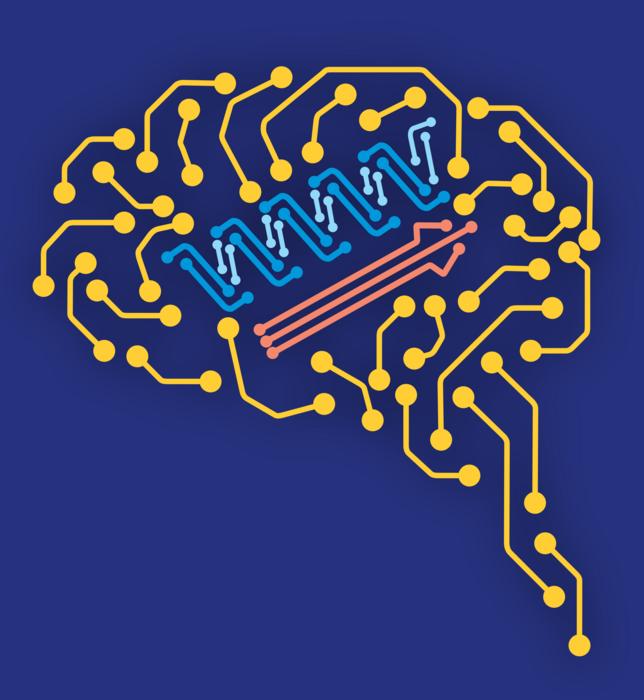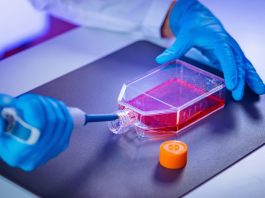Researchers are leveraging AI and molecular simulations to uncover new pathways for personalised cancer treatments, paving the way for more effective therapies.
The team, led by Auburn University, in collaboration with scientists from the University of Basel and ETH Zurich, has developed a novel approach integrating AI with molecular dynamics simulations and network analysis to enhance the prediction of binding sites on the PD-L1 protein.
This breakthrough promises to accelerate the development of personalised cancer treatments by identifying critical interaction points in cancer-related proteins.
“Utilising computational tools to engineer proteins represents the next frontier in cancer therapeutics,” said Dr Rafeal Bernardi, who led the team.
“Our integrated approach combining AI, molecular dynamics, and network analysis holds immense potential for developing personalised therapies for cancer patients.”
The use of AI in healthcare could be instrumental in improving immunotherapies, such as pembrolizumab (Keytruda), that are already revolutionising cancer treatment.
Mapping the future of personalised cancer treatments
One of the greatest challenges in personalised cancer therapeutics is accurately predicting where a drug can bind to its target protein. In this case, the researchers focused on PD-L1, a checkpoint protein that cancers exploit to suppress the immune system.
Some modern drugs unleash the immune system to attack tumours by blocking PD-L1. However, understanding where exactly to target PD-L1 with new treatments has been a longstanding problem.
The team developed a sophisticated method that combines AlphaFold2-based AI tools with molecular dynamics simulations and dynamic network analysis.
Their approach allowed them to predict and confirm key binding regions in the PD-L1 protein that are critical for drug interaction.
The computational approach was validated with cutting-edge experimental techniques, including cross-linking mass spectrometry and next-generation sequencing.
These experiments confirmed the accuracy of the team’s predictions, demonstrating the power of combining computational models with experimental validation to unravel complex protein-protein interactions and create personalised cancer treatments.
The impact of protein interactions on future drug discovery
The implications of this study go far beyond PD-L1. The methods developed can be applied to many other proteins, potentially leading to the discovery of new drug targets for various diseases, including other types of cancer and autoimmune conditions.
Additionally, this research paves the way for more cost-effective and rapid development of cancer therapeutics, an area where traditional experimental methods can be slow and expensive.
“This research stresses the potential of computational tools like NAMD and VMD, combined with cutting-edge hardware such as NVIDIA DGX systems, to advance cancer therapeutics. Our findings mark a significant step toward developing new, targeted treatments for cancer,” explained Dr Diego Gomes, lead author of the work and a researcher at Auburn.









